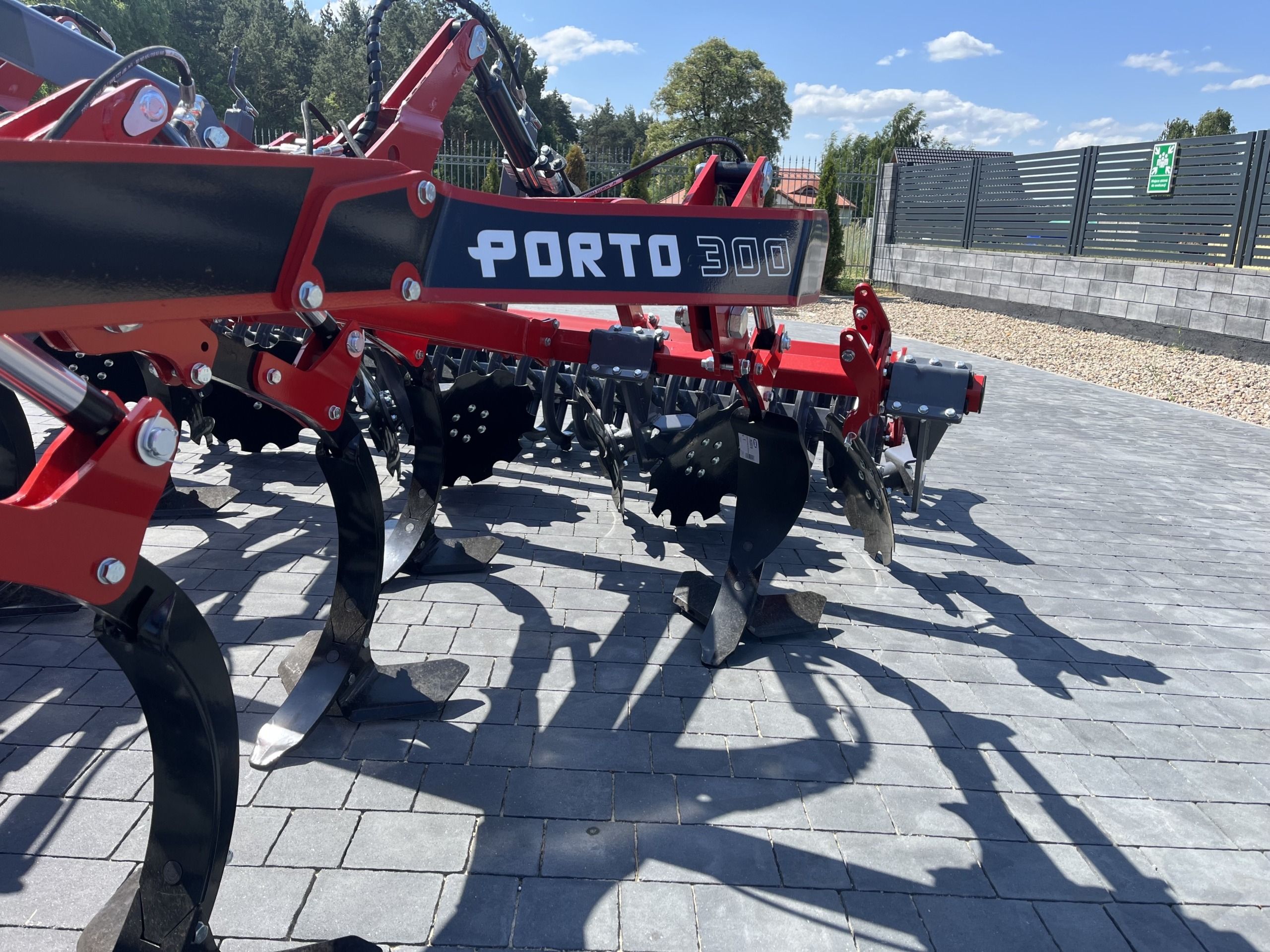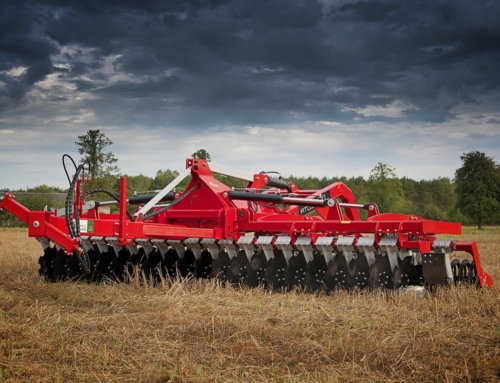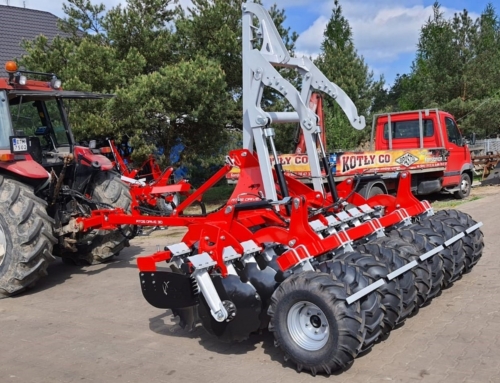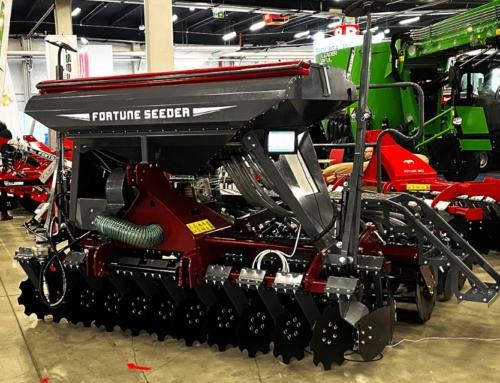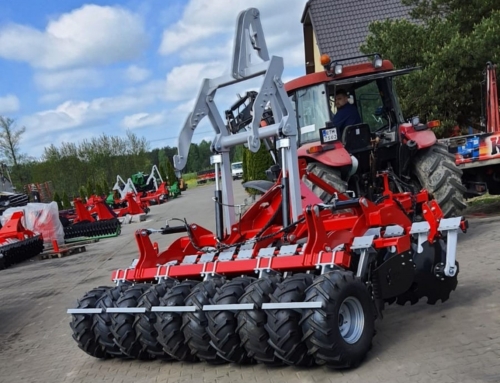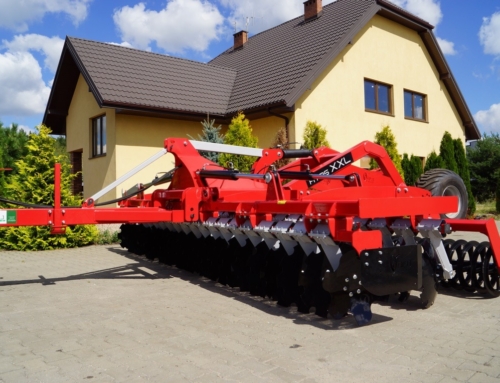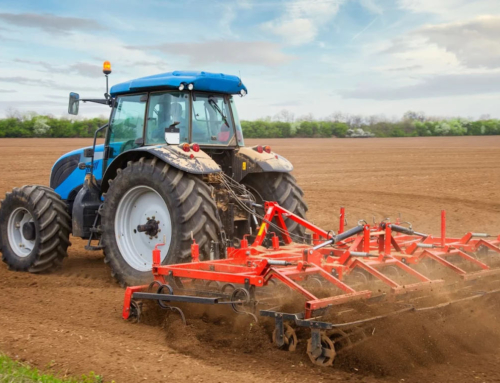Nowadays, agriculture uses a number of different methods and technologies to meet the growing demand for food. Plowing has been a key part of the tillage process for centuries, but more and more farms are starting to replace it with alternative methods such as plowless aggregates. In this article, we will compare tillage with no-till, discussing the differences, advantages, disadvantages and applications of both methods.
- No-plow units – a revolution in soil cultivation
- Plowing tillage – principle of operation
- Comparison and choice – plowing or no-plowing method
- Recommended PORTO no-plow cultivator
No-plow units – a revolution in soil cultivation
Uncorked aggregates are advanced agricultural machines for soil cultivation, allowing cultivation without the need for plowing. They use special tools that work at different depths, minimizing soil disturbance and maintaining its structure. Thanks to this, you can enjoy environmental protection because plowless aggregates they reduce erosion, retain moisture in the soil better, and also save fuel and time due to the reduced number of machine passes in the field. In addition, they offer flexibility, while allowing the treatment to be adapted to different types of soil and tillage systems.
However, this solution is not without its challenges, such as a higher initial cost and the need for specialized training. Also remember that no-plough cultivation is not always suitable for all types of soil and crops.
Plowing tillage – principle of operation
On the other hand, orka is the process of mechanically mixing and turning soil using a plow or other agricultural machinery. This is a traditional method of soil cultivation that has been used for many years. Orca has its positive sides, such as effective weed control (removing them along with plant remains) or soil preparation by loosening it. However, this method also has some negative aspects, namely it may lead to the degradation of soil structure and erosion, or even higher fuel consumption.
Comparison and choice – plowing or no-plowing method
Deciding to choose between no-plow units and traditional plowing is not simple and depends on many different factors, such as soil characteristics, climatic conditions, type of crops, availability of modern technologies and the overall strategy and purpose of cultivation. Here's a more detailed look at their key differences:
- soil and environmental protection - plowless aggregates have a significant advantage in preserving and protecting soil structure. Their method of operation minimizes disturbance, which leads to less erosion and better soil moisture retention. Otherwise, traditional plowing may damage the soil structure and contribute to its biological degradation,
- cost and efficiency – although the initial purchase cost no-plough unit may be higher, it usually offers long-term savings, both in terms of fuel consumption and operating time. On the other hand, orka may turn out to be more time-consuming and expensive in the long run,
- uses and soil properties – the choice between these two methods may also depend on the specificity of the soil and the farming system. Orca may be more suitable for heavier, compacted soils and in conventional tillage systems. Whereas plowless aggregates are often the preferred solution for farmers seeking minimal disturbance to the soil, especially in the case of light soils and cultivation systems focused on protecting the natural environment.
Recommended PORTO no-plow cultivator
PORTO 3.0 no-plow cultivator is a recommended agricultural machine, dedicated to soil cultivation at various depths. It is equipped with 10 specially designed Delta Flex legs, made of high-quality steel and hydraulically secured with the ability to adjust the pressure force during operation.
Additional features, such as one row of 8 scraping discs and a standard tubular roller (with the option to choose other roller models), make it an extremely versatile agricultural equipment. The frame is made of thick sections and high-quality steel - it ensures reliability even in the most demanding situations. This model is complemented by a powder-coated finish and chrome-plated actuators, which protect the unit against corrosion and increase its service life.

